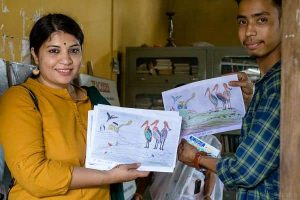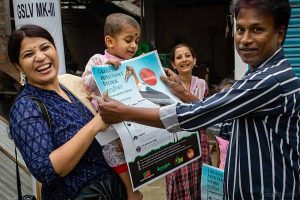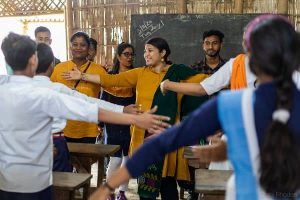Youth Ecosystem Restoration Curriculum
people positively impacted
trees being planted
tonnes CO₂ to be captured
Project Summary
- Education
- ·
- Training

Challenge
The UN Decade Restoration Challenge for Education 6.2 seeks to address a critical issue in global education systems. Youth need knowledge and information based on solid science that addresses the huge environmental problems their generation faces. Our collaborate goal is to empower #GenerationRestoration through an interactive Ecosystem Restoration Curriculum for youth between 10-16 and 16-35 years, as part of the UN Decade Action Plan.
The UN Decade on Ecosystem Restoration (2021-2030) unites the world for action, leadership, and collaboration to achieve the Decade’s goals by 2030. Our ultimate success relies on igniting a lasting global force for ecosystem restoration that transcends the 10-year timeline.
Activities
We’re building a versatile framework with interactive learning materials, action plans, hands-on projects, workshops, and real-life experiences. This forms the backbone of our curriculum dedicated to bringing ecosystems back to life. Pilot results will be presented at UNFCCC COP 28 in Abu Dhabi. The “Ecosystem Restoration through Education” programme will be officially launched at the World Environmental Education Congress (WEEC) in Abu Dhabi in January/February 2024.
Designed to guide local initiatives by schools, classes, and various groups, this framework creates a collaborative, hands-on environment, uniting lessons and activities.
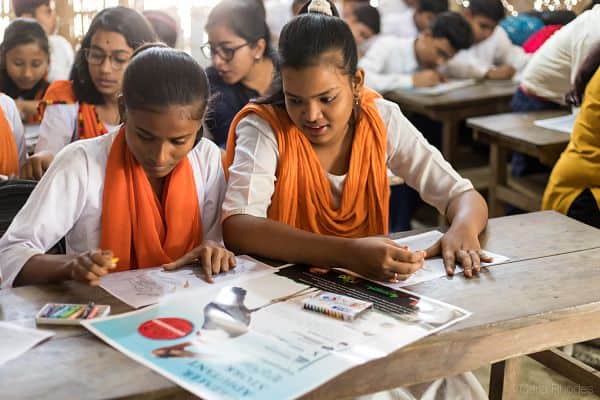
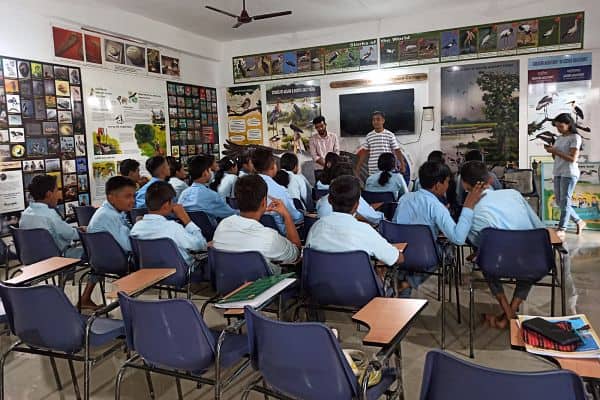
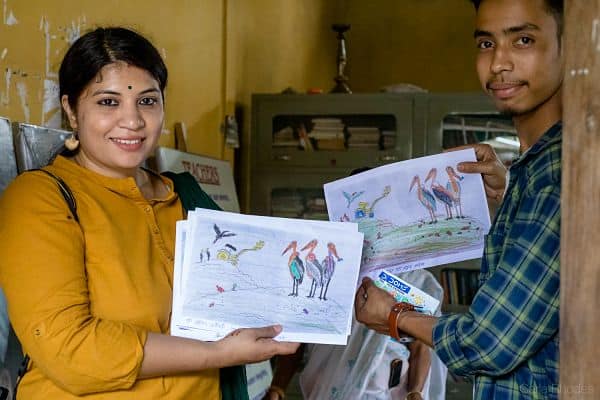
Our aim is to establish 5000 partnerships, involving 3000 educational institutions, 2000 educators, and 100 influencers. Emphasizing inclusivity and cultural sensitivity, we’ll foster community ties and share nature-based solutions to collectively drive ecosystem restoration forward.
Long-term Impact
The long-term impact of this initiative extends far beyond its initial implementation, creating a ripple effect in ecosystem restoration and environmental education. By equipping thousands of educators, institutions, and influencers with interactive learning tools and real-world projects, the program nurtures a new generation of environmental stewards who will integrate restoration principles into their communities. The partnerships forged will foster ongoing collaboration, ensuring that knowledge, best practices, and nature-based solutions continue to be shared and refined.
As these efforts scale, the program will not only help rehabilitate degraded landscapes but also strengthen local resilience to climate change, preserve biodiversity, and instill a lasting culture of environmental responsibility. Through sustained engagement and knowledge exchange, this initiative has the potential to shape policies, influence global education strategies, and inspire a movement that extends well beyond its initial 5000 partnerships.
Project Partners


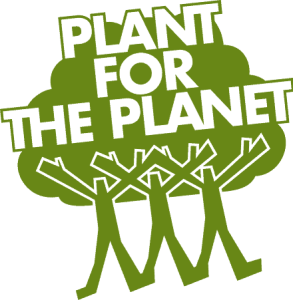
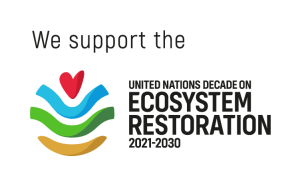
Project Gallery
